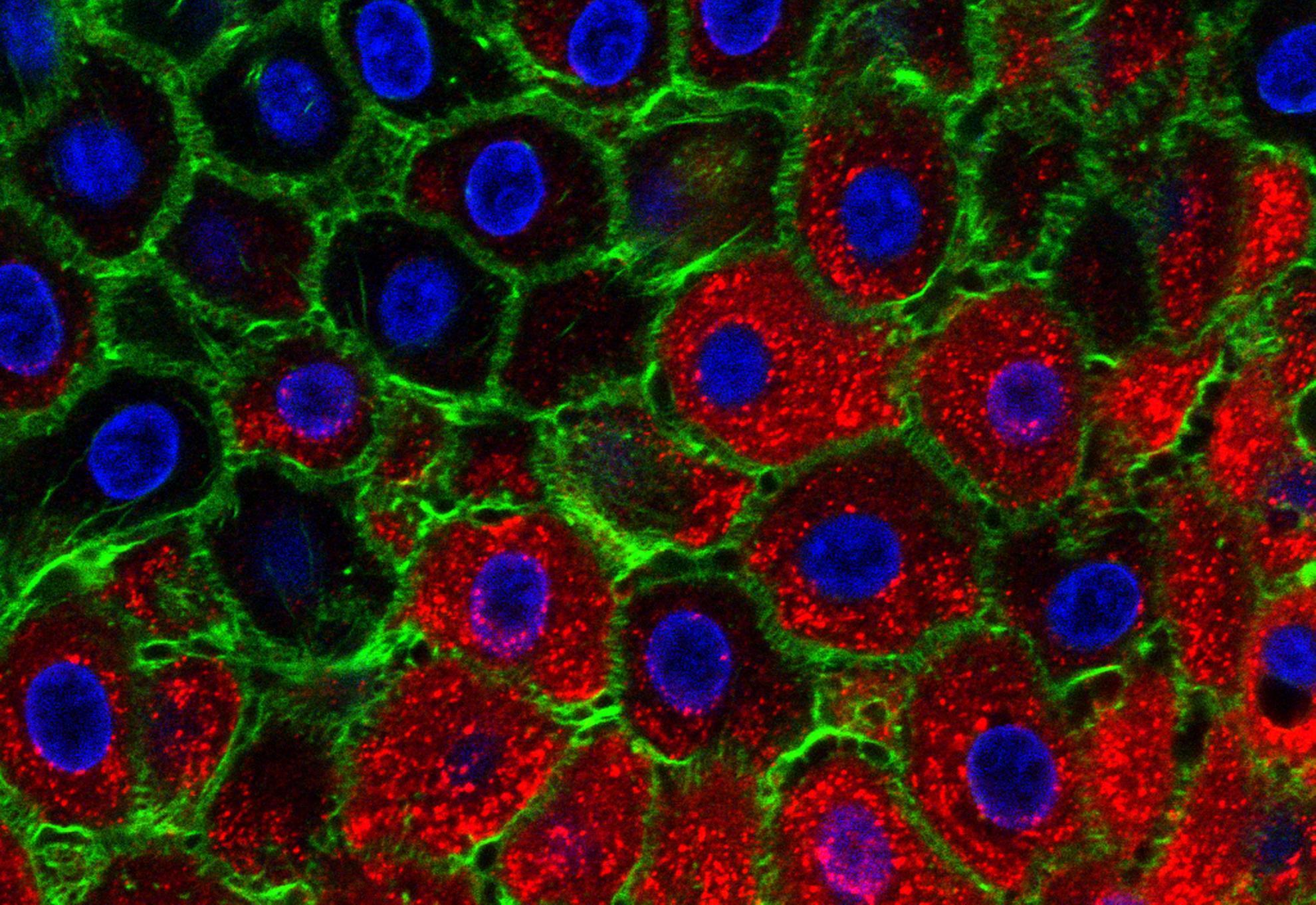Trans-encapsidation of foot-and-mouth disease virus genomes facilitates escape from neutralizing antibodies
Foot-and-mouth disease is an economically devastating disease of livestock caused by foot-and-mouth disease virus (FMDV). Vaccination is the most effective control measure in place to limit the spread of the disease; however, the success of vaccination campaigns is hampered by the antigenic diversity of FMDV and the rapid rate at which new strains emerge that escape pre-existing immunity. FMDV has seven distinct serotypes, and within each serotype are multiple strains that often induce little cross-protective immunity. The diversity of FMDV is a consequence of the high error rate of the RNA-dependent RNA polymerase, accompanied by extensive recombination between genomes during co-infection. Since multiple serotypes and strains co-circulate in regions where FMDV is endemic, co-infection is common, providing the conditions for recombination, and also for other events such as trans-encapsidation in which the genome of one virus is packaged into the capsid of the co-infecting virus. Here, we demonstrate that the co-infection of cells with two FMDVs of different serotypes results in trans-encapsidation of both viral genomes. Crucially, this facilitates the infection of new cells in the presence of neutralizing antibodies that recognize the capsid that is encoded by the packaged genome.
